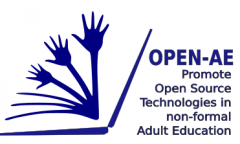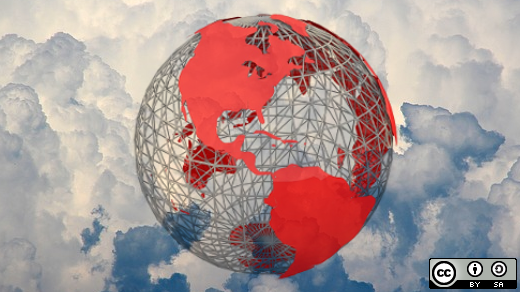United Nations Technology Innovation Labs (UNTIL) has started developing new open source strategy and policy. Last month (October 2019), a new advisory board had their first in-person meeting in Helsinki in the UNTIL offices. Frank Karlitschek found this initiative remarkable for several reasons:
- Sharing: The United Nations wants to have a positive impact on everyone on this planet. For that goal, it is important that software, data, and services are available for everyone independent of their language, budget, education, or other factors. Open source is perfect to guarantee that result.
- Contributing: It should be possible that everyone can contribute to the software, data, and services of the United Nations. The goal is to not depend on a single software vendor alone, but instead, build a bigger ecosystem that drives innovation together.
- Empowering: Open source makes it possible for underdeveloped countries and regions to foster local companies and expertise by building on top of existing open source software—standing on the shoulders of giants.
- Sustainability: Open source guarantees more sustainable software, data, and services by not relying on a single entity to support, maintain, and develop it. Open source helps to avoid a single point of failure by creating an equal playing field for everyone.
- Security: Open source software is more secure than proprietary software because the code can be constantly reviewed and audited. This fact is especially important for security-sensitive applications that require transparency and openness.
- Decentralization: An open source strategy enables decentralized hosting of software and data. This fact makes it possible to be compliant with all data protection and privacy regulations and enables a more free and open internet.
Read more about it in Frank’s article here.
Image credits: Jason Baker. CC BY-SA 4.0. Source: Cloud, Globe. Both CC0.

